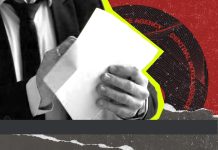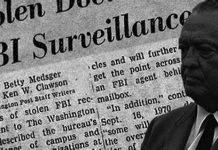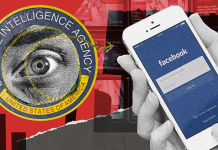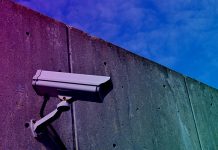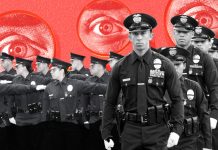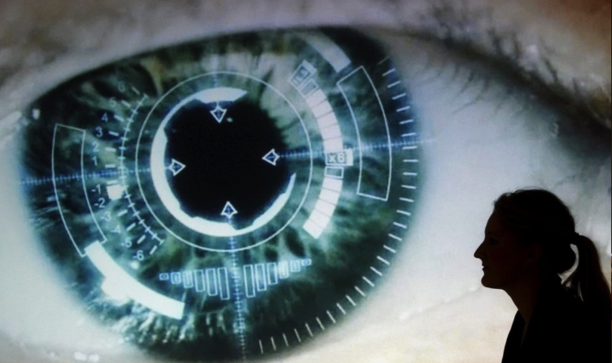
Teachers’ Unions Have Become Target of Illegal Surveillance
Since Luis Lacalle Pou became President of Uruguay in early 2020 as the first self-proclaimed non-leftist president in Uruguay since his father, Luis Alberto Lacalle in the 1990s, he has used his platform to vocally condemn socialist regimes in the Americas, particularly feuding with the Castro regime in Cuba and elevating his profile in the regional right wing.
Lacalle Pou at the same time passed a new law toughening sentencing and chances for early release from prison, granting police greater powers to dismantle protests and imprison people, and consolidating various intelligence organizations into a centralized body with new powers to request information from private citizens without a court order.
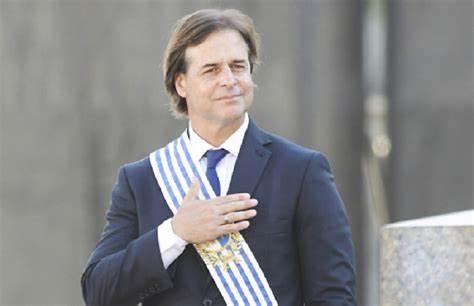
Augusto Gregori, former director of intelligence under President José Mujica, compared the new centralized intelligence-gathering apparatus to the intelligence gathering of the civic-military dictatorship that lasted from 1973 to 1984. “This isn’t about state intelligence, it’s homeland security,” he says. “And once [this Secretariat] gets started, Pandora’s box opens up.”
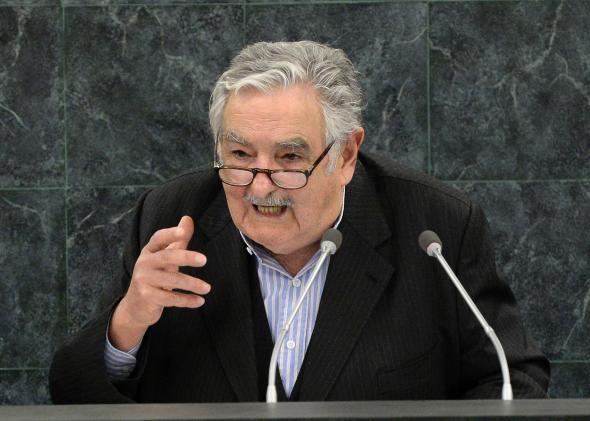
Now, there is growing concern among teachers’ unions and associations in Uruguay over what they consider illegal “surveillance and spying practices” by Pou’s government as a result of the new laws.
CovertAction Magazine co-founder Philip Agee experienced his epiphany that led him to become a CIA whistleblower in Uruguay in the late 1960s when he overheard torture being carried out by police agents against a suspected member of the leftist Tupamaros, which the CIA had worked to destroy.
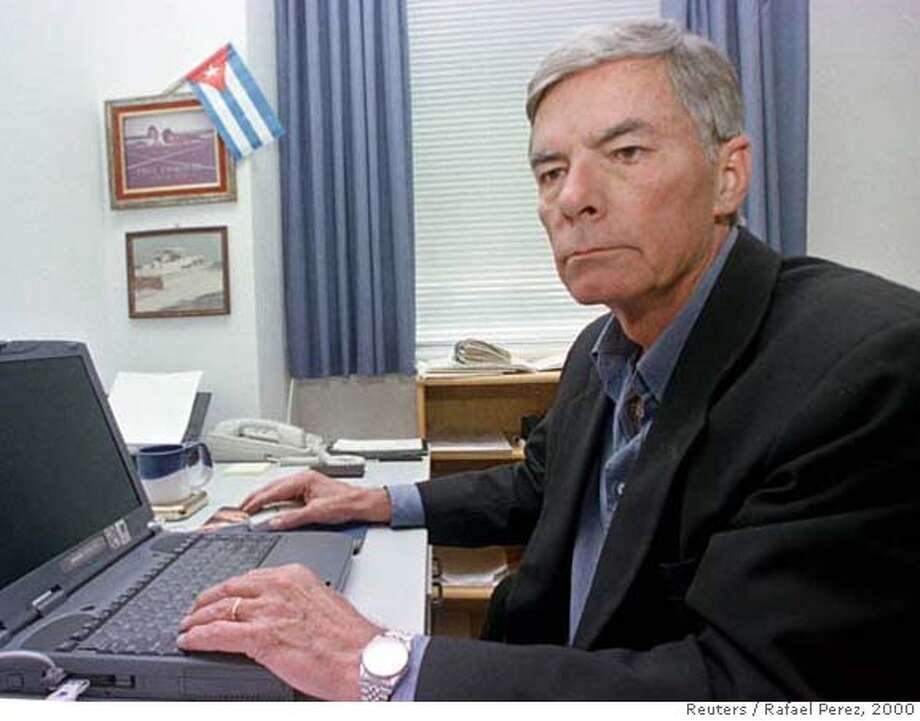
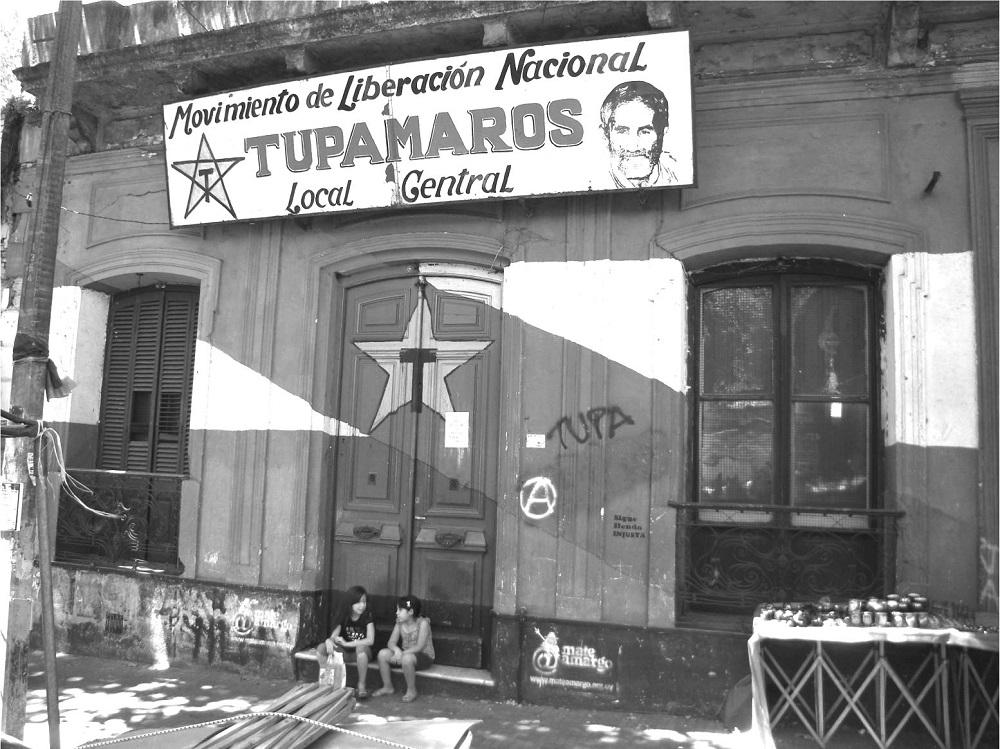
Since its return to democracy in 1984, Uruguay has been lauded as a “democratic miracle in Latin America,” placing ten entries ahead of the United States in The Economist’s 2020 Democracy Index.
However, Pou’s new draconian measures threaten Uruguay’s progress over the last generation and to turn back the clock to the dark period of the early Cold War.
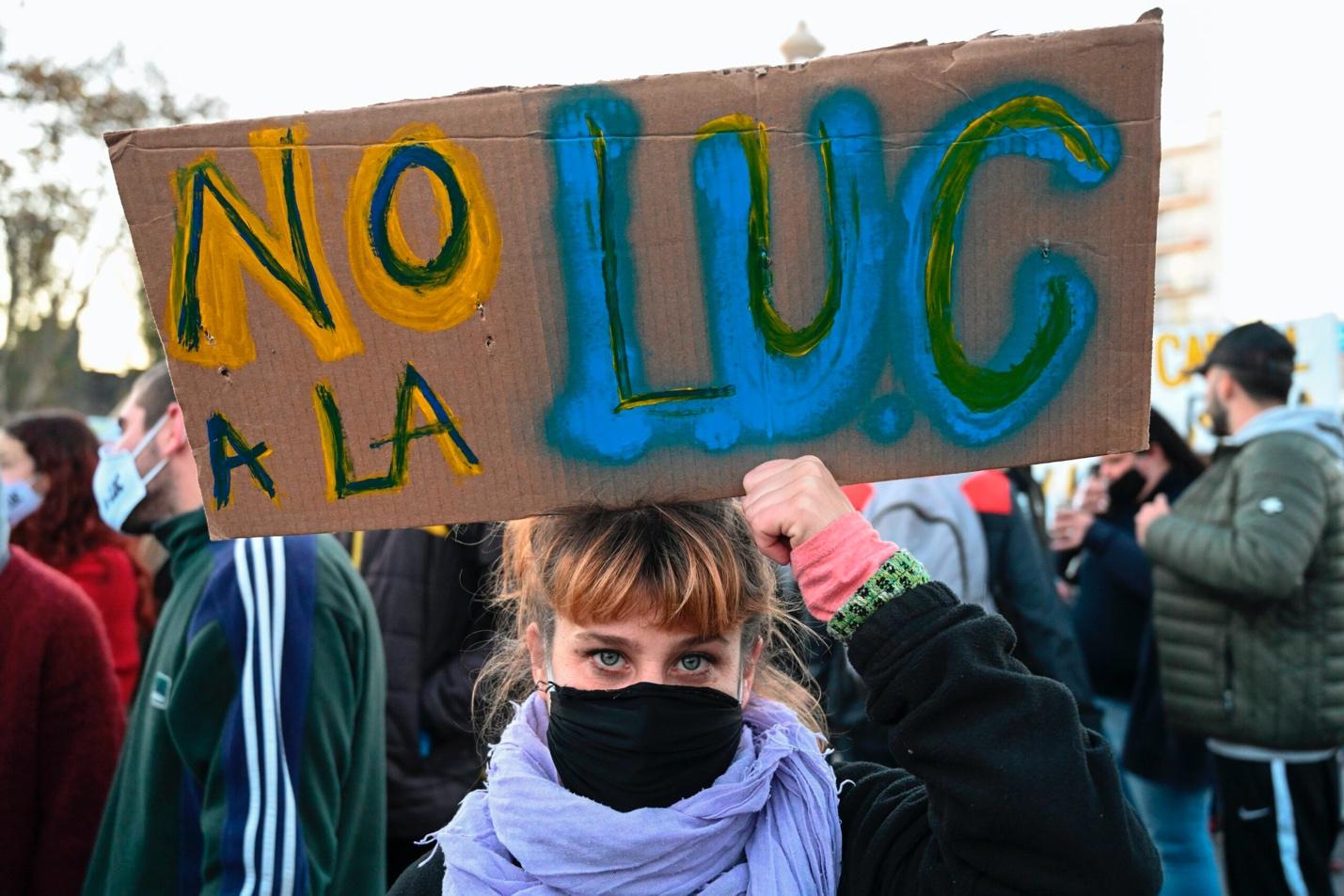
Use and Abuse of the State Apparatus to Persecute Those Who Are Considered Enemies
The concern among the teachers’ unions and associations has been intensified after new messages of the Alejandro Astesiano case were revealed which point to possible monitoring and surveillance of students and teachers at Liceo 41 in Montevideo.
Astesiano, the former chief bodyguard of President Luis Lacalle Pou, was sentenced to four-and-a-half years in prison after being convicted of criminal association, influence peddling, and violation of secrecy and overlapping of public and private interests.
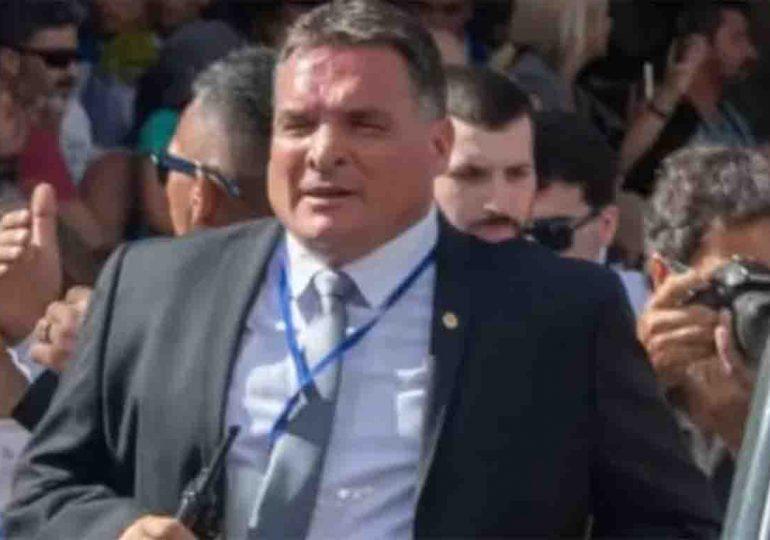
The union core of Liceo 41 and the Board of Directors of the Association of Secondary Education Teachers (ADES) Montevideo denounced “the use and abuse of the state apparatus to persecute those who are considered enemies,” understanding that it is “an anti-democratic practice, which violates the rights, guarantees and individual freedoms within the framework of the rule of law,” said the teachers.
Julián Mazzoni, a member of the Central Board of Directors (CODICEN) representing the teachers’ collective, said he was “horrified” by what has been reported by the media in the last few hours, while stressing that “there is immense concern” among the teachers’ collective about these events.
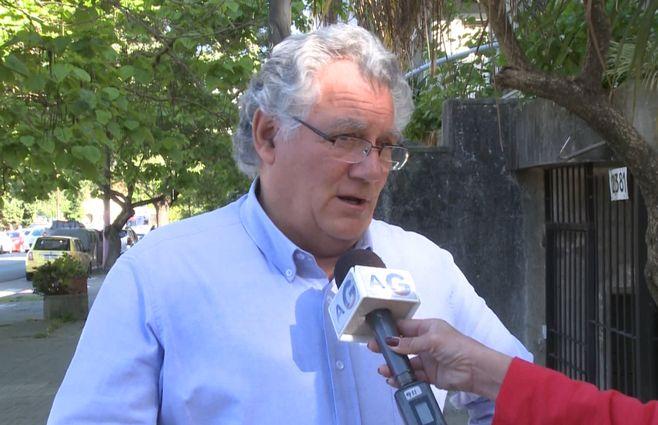
Legislators, Trade Unionists, Teachers and Students Under the Radar
It should be recalled that, since the contents of the messages exchanged by the former Chief of Security of the Presidency, Alejandro Astesiano, became known, investigations have been opened on illegal monitoring and surveillance of legislators, trade unionists as well as teachers and students in educational institutions of the country.
This accumulation of facts, which have been gaining public status, has opened a cloak of doubt about the seriousness and involvement of other actors as possible targets of illegal monitoring and surveillance by members of the security forces in office.
In this respect, Senator Sebastián Sabini demanded a “quick action by the Ministry of the Interior,” understanding that “it is tremendous that a policeman is registering minors and teachers.”
Sabini questioned “why a policeman is involved in political matters,” while trying to find out who the policeman who spoke to Astesiano is, how he got the information and if he had directives” to carry out such actions.
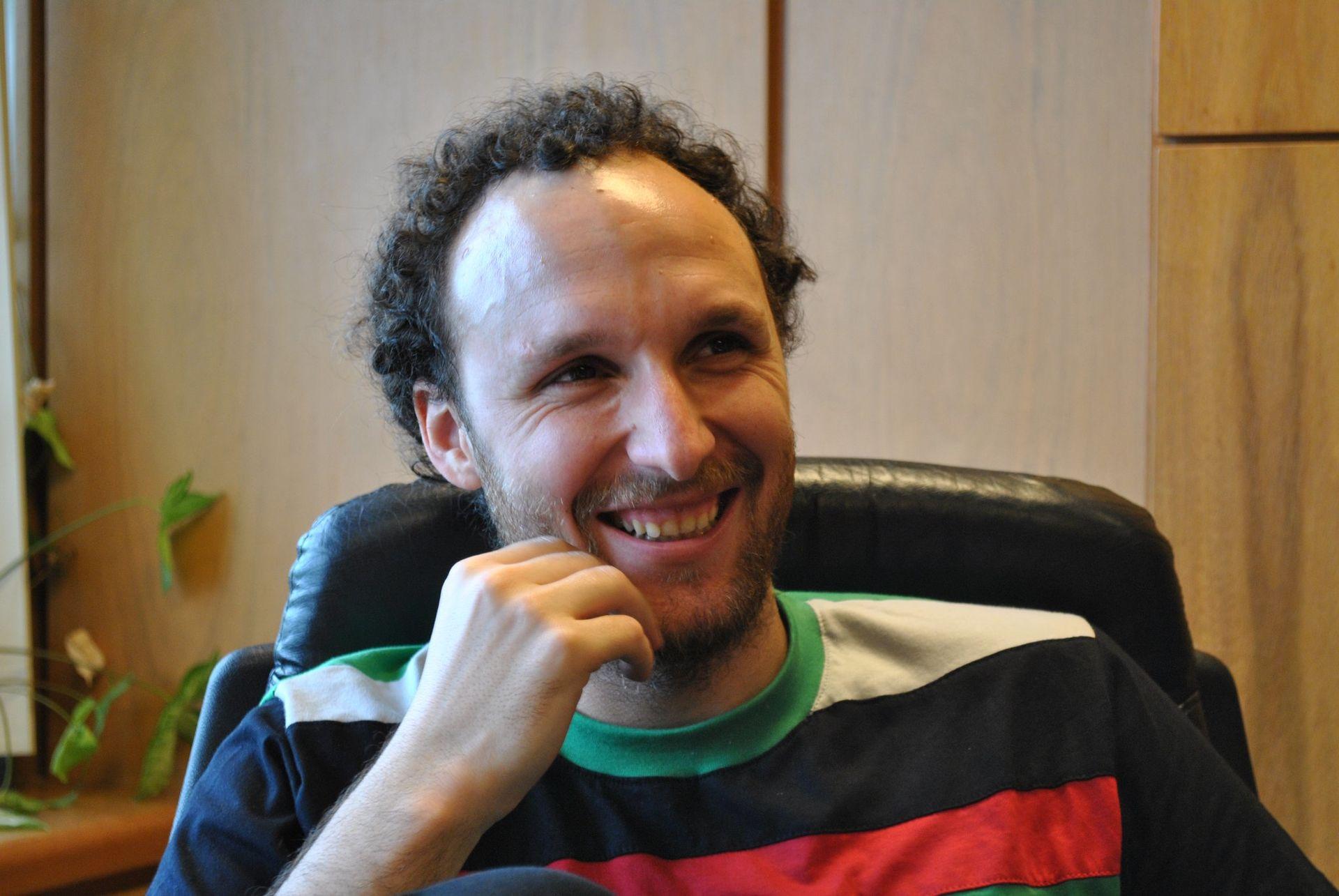
For its part, the National Federation of Secondary School Teachers of Uruguay (FeNaPES) expressed its “consternation and concern at the information disseminated in the last hours in reference to facts of presumed illegality” through which “the use of means and resources of the State to persecute and spy on union organizations and their activists” would be evidenced.
FeNaPES understands that “more than the action of a lone wolf, it would represent a generalized institutional practice that threatens democracy and individual and collective freedoms,” as expressed in a public statement.
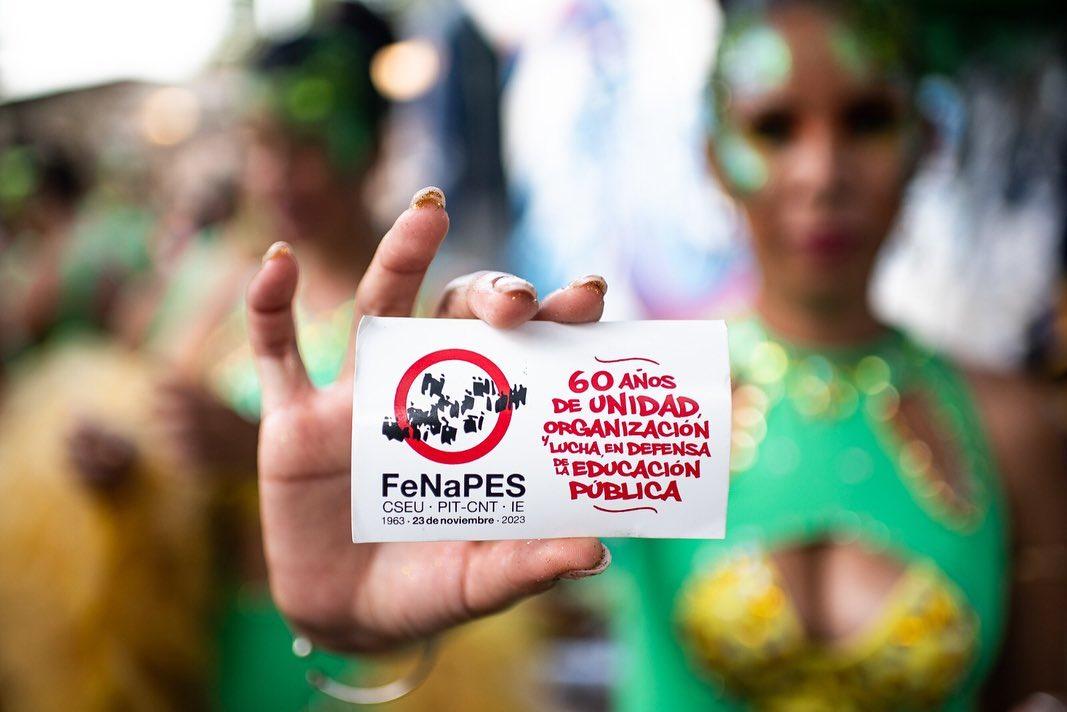
Likewise, the Federal Council of the Association of Teachers of the University of the Republic repudiated “the use of the police forces, the presidential guard and the intelligence services of the State to monitor union activists and political leaders” in what they considered “an absolutely unacceptable practice that requires the broadest rejection of our society.”
The executive secretariat of the PIT CNT labor federation described these new cases of espionage as “a very serious fact” and, in a communiqué made public a few days ago, expressed “its absolute rejection of these practices which harm democracy.”
The trade union central declared itself “in a state of alert,” although it is not known so far about mobilizations or other trade union actions on the part of the workers’ central.
Nevertheless, they stated that they are engaged in the consolidation of urgent meetings with the board of INAU, Codicen and ANEP, as well as asking to be received by the Human Rights Commission of the Chamber of Deputies and by the Prosecutor of the Court to “transmit their concern in view of the serious facts which today are becoming public knowledge.”
Suspecting Suspicion
On the other hand, teacher and researcher Pablo Romero, interviewed in the program Lado B of Tv Ciudad (public TV of the Uruguayan capital), said that “education under surveillance is something very serious that also involves students.” Professor Romero reflected that “this is a worrying situation” since, “if we go back in national history, in dark times, the monitoring of students and teachers takes us back to complicated moments.”
“Many of us who manifest ourselves in networks, presenting our position with arguments also leaves us in a situation of defenselessness…since one thinks if we will not be some other colleagues somehow under certain suspicion of surveillance,” questioned Romero in dialogue with journalist Wil Amaral.
These events take place at a time when the government is promoting an educational transformation that has been widely questioned by teachers’ organizations, academics and even students’ associations.
On this matter, Romero expressed in an extensive thread on the social network Twitter that, “in democracy, we have never seen such a serious and systematic action against teachers (yes, against teachers in our public classrooms, as if they were criminals): criminal complaints, investigative commissions in parliament (with public prejudgments).”
To which we can add, “the summary proceedings against colleagues (also with the due prejudgments and public scruples, in spite of the dismissals) and, to top it all, the spying and “marking” of teachers by the state police apparatus, under suspicion of the “crime” of “communism.”
Considering that, “not only have they subjected teachers to public scorn with this procedure, not only have they criminalized and prosecuted union activity (beyond what the courts decide, in situations that are being settled in favor of the teachers), not only have they left out of the process of building the educational reform the vast majority of teachers (and in particular their representatives, even at the pedagogical technical level) of the various subsystems.
Romero continued: “we are being watched, as well as students (extremely serious!), for demonstrating or taking action against the teachers’ union, for demonstrating or taking absolutely legal measures within the framework of the rule of law, which today is being violated by these spying practices that compromise the entire government and place the teaching staff in a degree of extreme defenselessness. The onslaught is brutal.”

CovertAction Magazine is made possible by subscriptions, orders and donations from readers like you.
Blow the Whistle on U.S. Imperialism
Click the whistle and donate
When you donate to CovertAction Magazine, you are supporting investigative journalism. Your contributions go directly to supporting the development, production, editing, and dissemination of the Magazine.
CovertAction Magazine does not receive corporate or government sponsorship. Yet, we hold a steadfast commitment to providing compensation for writers, editorial and technical support. Your support helps facilitate this compensation as well as increase the caliber of this work.
Please make a donation by clicking on the donate logo above and enter the amount and your credit or debit card information.
CovertAction Institute, Inc. (CAI) is a 501(c)(3) non-profit organization and your gift is tax-deductible for federal income purposes. CAI’s tax-exempt ID number is 87-2461683.
We sincerely thank you for your support.
Disclaimer: The contents of this article are the sole responsibility of the author(s). CovertAction Institute, Inc. (CAI), including its Board of Directors (BD), Editorial Board (EB), Advisory Board (AB), staff, volunteers and its projects (including CovertAction Magazine) are not responsible for any inaccurate or incorrect statement in this article. This article also does not necessarily represent the views the BD, the EB, the AB, staff, volunteers, or any members of its projects.
Differing viewpoints: CAM publishes articles with differing viewpoints in an effort to nurture vibrant debate and thoughtful critical analysis. Feel free to comment on the articles in the comment section and/or send your letters to the Editors, which we will publish in the Letters column.
Copyrighted Material: This web site may contain copyrighted material the use of which has not always been specifically authorized by the copyright owner. As a not-for-profit charitable organization incorporated in the State of New York, we are making such material available in an effort to advance the understanding of humanity’s problems and hopefully to help find solutions for those problems. We believe this constitutes a ‘fair use’ of any such copyrighted material as provided for in section 107 of the US Copyright Law. You can read more about ‘fair use’ and US Copyright Law at the Legal Information Institute of Cornell Law School.
Republishing: CovertAction Magazine (CAM) grants permission to cross-post CAM articles on not-for-profit community internet sites as long as the source is acknowledged together with a hyperlink to the original CovertAction Magazine article. Also, kindly let us know at info@CovertActionMagazine.com. For publication of CAM articles in print or other forms including commercial internet sites, contact: info@CovertActionMagazine.com.
By using this site, you agree to these terms above.
About the Author
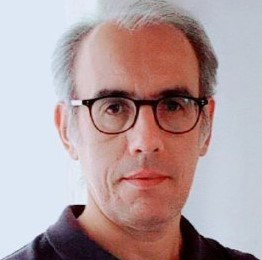
Victor Rodriguez is Director of the communication projects #SiQueSePuede (1999) and #PíldorasDigitales (2021) and creator of content for print and digital media in Uruguay and abroad.
Victor can be reached at rodriguezvictorm@gmail.com.


